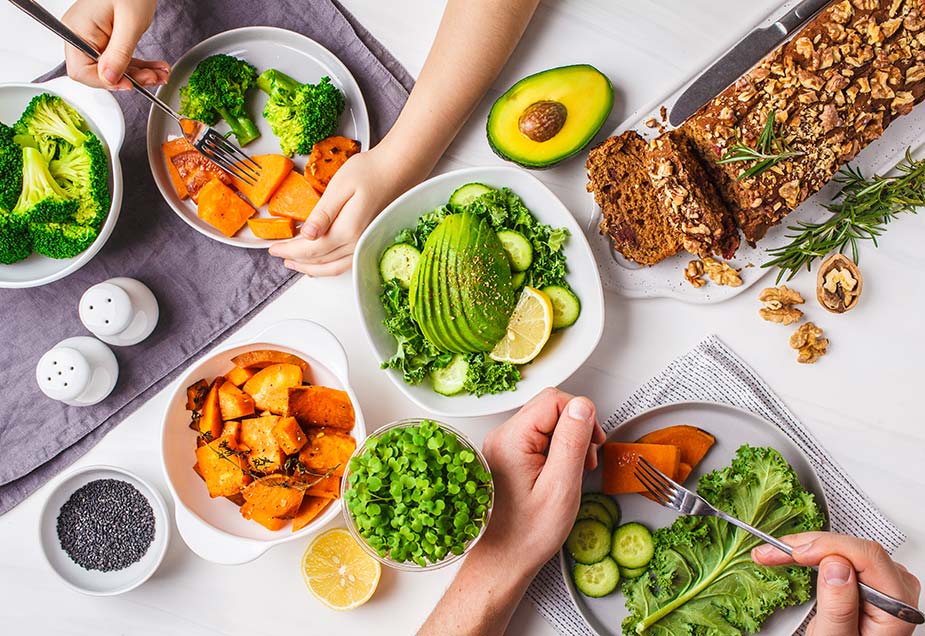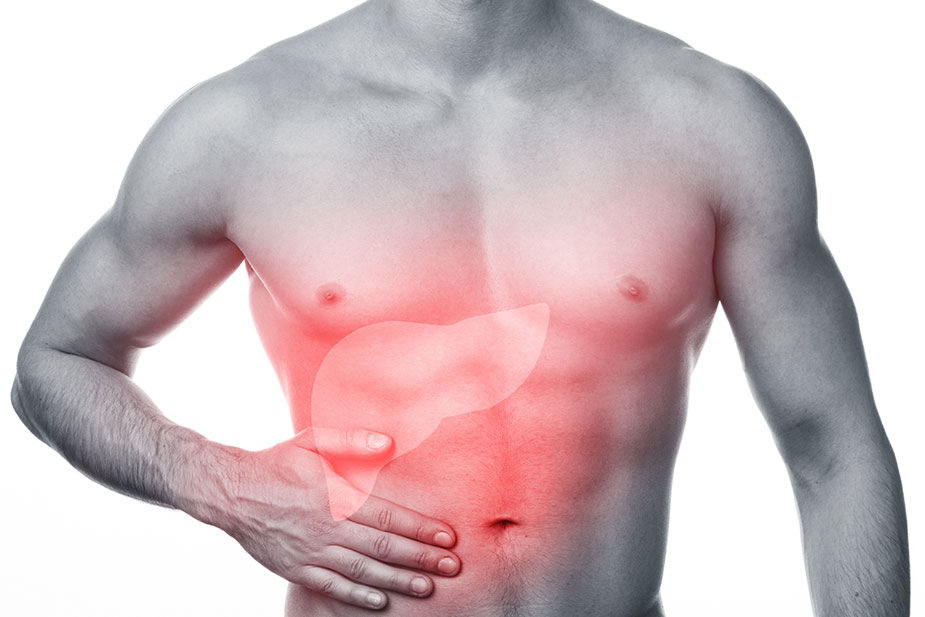Fatty liver is a condition that occurs when there is an excessive accumulation of fat in the liver. This condition can lead to various health problems, including liver inflammation, liver failure, and cirrhosis. Fortunately, diet can play a significant role in the treatment and prevention of fatty liver.
In this article, we will provide you with tips and tricks on how to modify your diet to manage fatty liver.
Fatty Liver Symptoms
Before we delve into the tips, let’s briefly discuss the symptoms of fatty liver. Unfortunately, fatty liver can be asymptomatic, meaning that it does not show any obvious signs or symptoms. However, some people with fatty liver may experience fatigue, weakness, and discomfort in the upper right abdomen.
Limit your intake of saturated and trans fats
Saturated and trans fats can contribute to the development of fatty liver. Foods that are high in these fats include fried foods, processed foods, fatty meats, butter, and cheese. Instead, opt for foods that are rich in unsaturated fats, such as nuts, seeds, avocado, and fish.
Increase your intake of fiber-rich foods
Fiber helps to reduce the absorption of fat in the liver, which can help to prevent and manage fatty liver. Foods that are high in fiber include fruits, vegetables, whole grains, legumes, and nuts.
Reduce your intake of sugar and refined carbohydrates
Excessive sugar and refined carbohydrate intake can lead to the development of a fatty liver. Therefore, it is important to limit your intake of sugary drinks, candy, pastries, white bread, and white rice. Instead, choose whole-grain bread and rice and sweeten your food with natural sweeteners like honey, maple syrup, or stevia.

Include lean protein in your diet
Protein is essential for the repair and regeneration of liver cells. However, it is important to choose lean sources of protein to avoid increasing your fat intake. Examples of lean protein sources include skinless chicken, turkey, fish, beans, and lentils.
Drink plenty of water
Staying hydrated is important for liver health. Drinking plenty of water can help to flush out toxins from the liver and improve liver function.
Avoid alcohol
Alcohol consumption can lead to the development of fatty liver and worsen the condition if you already have it. Therefore, it is important to avoid or limit your alcohol intake.
Exercise regularly
Regular exercise can help to reduce liver fat and improve liver function. Aim for at least 30 minutes of moderate-intensity exercise, such as brisk walking, cycling, or swimming, on most days of the week.
A simple 3-day meal plan – Diet for fatty liver:
Day 1:
Breakfast: Oatmeal with blueberries and almonds
Snack: Carrots with hummus
Lunch: Grilled chicken with roasted sweet potatoes and green beans
Snack: Apple slices with almond butter
Dinner: Broiled salmon with quinoa and steamed broccoli
Day 2:
Breakfast: Greek yogurt with mixed berries and granola
Snack: Celery sticks with peanut butter (A celery diet can help as well)
Lunch: Turkey and avocado wrap with whole-grain tortilla and side salad
Snack: Pear slices with cheese
Dinner: Baked chicken thighs with roasted Brussels sprouts and brown rice
Day 3:
Breakfast: Scrambled eggs with spinach and whole-grain toast
Snack: Edamame
Lunch: Tuna salad with mixed greens and whole-grain crackers
Snack: Peach slices with cottage cheese
Dinner: Beef stir-fry with mixed vegetables and brown rice
NOTE: Remember to drink plenty of water throughout the day to stay hydrated.
This meal plan is just a starting point and can be adjusted based on your personal preferences and dietary needs. It’s important to consult with a registered dietitian or your healthcare provider for personalized advice and guidance on managing fatty liver.
Naturally Combat Fatty Liver with These Effective Teas
Wormwood Tea
Wormwood is a magical plant that effectively affects the liver and helps it recover. For the best results, it is necessary to drink a cup of wormwood tea every day for two weeks.
To prepare the tea, add a teaspoon of wormwood to 7 fl oz (210 ml) of boiling water. The tea is ready to drink after 10 minutes. Everyone can drink this tea except for pregnant women.
Dandelion Leaf Tea
Another great tea that helps cleanse the liver and remove fatty deposits is dandelion leaf tea. This tea is used for non-alcoholic fatty liver.
To prepare the tea, pour one tablespoon of dried dandelion leaves with 7 fl oz (210 ml) of boiling water. The tea is ready after just 5 minutes. It is recommended to drink a cup of tea three times a day.
Diet for fatty liver – FAQ
Q: How can I reduce my fatty liver?
A: Reducing fatty liver involves making changes to your diet and lifestyle. Some tips include limiting your intake of saturated and trans fats, increasing your intake of fiber-rich foods, reducing your intake of sugar and refined carbohydrates, and including lean protein in your diet. Additionally, staying hydrated, avoiding or limiting alcohol, and exercising regularly can also help reduce fatty liver.
Q: What is the fastest way to cure a fatty liver?
A: There is no one-size-fits-all answer to this question, as the best way to treat fatty liver depends on the severity of the condition and individual circumstances. However, making dietary and lifestyle changes, such as those mentioned above, can improve liver function and reduce the risk of liver damage. It’s important to consult with your healthcare provider or a registered dietitian for personalized advice and guidance.
Q: What is a good breakfast for fatty liver?
A: A good breakfast for fatty liver should be nutritious and high in fiber. Some options include oatmeal with fruit and nuts, Greek yogurt with mixed berries and granola, or scrambled eggs with vegetables and whole-grain toast. It’s important to limit your intakes of sugar and refined carbohydrates, such as pastries or sugary cereals, which can contribute to fatty liver.
Conclusion
In conclusion, diet plays a critical role in the management and prevention of fatty liver. By making simple changes to your diet, you can improve liver function and reduce the risk of liver damage. If you have any concerns about your liver health, consult with your doctor or a registered dietitian.




